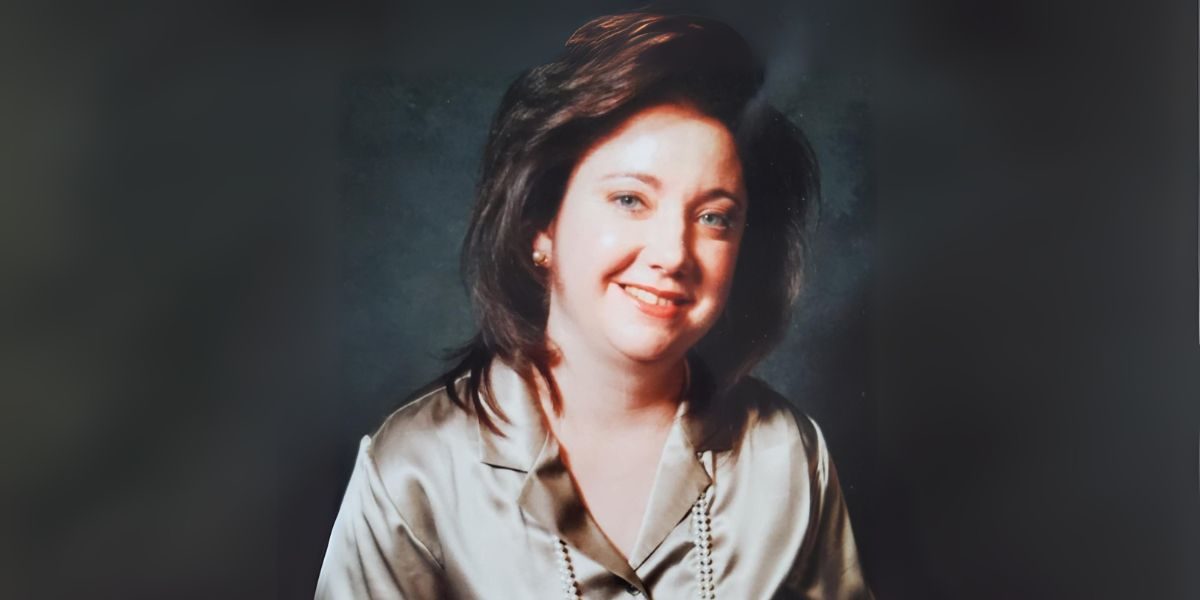By: Elowen Gray
Exploring Jeanne Andrea Di Grazio’s Poetic Journey in Orange Shoes
This very moving book, Orange Shoes, Spiritual Détente, is an invitation into the soul’s healing, memory, and spiritual reconciliation. Using haunting imagery and intimate reflections, Di Grazio creates a poetic space in which the past is neither an eternal prison nor an endless sorrow but rather a landscape to be delicately traversed and ultimately embraced. Spiritual Détente, the title of the collection, speaks poignantly to this theme of finding a truce—some semblance of peace—with one’s memories, losses, and the echoes of those long departed.
The Weight and Wonder of Memory
Orange Shoes is, above all, a meditation on memory, its power to wound, and its ability to heal. Combative representations of longing, such as “The Bathrobe” and “The Sink” (Trinity), enact instances of precarious loss—such as the intimate detail of remembering to hold an empty bathrobe of a loved one, or the very essence of life washing down the drain —become metaphors for grief and the transience of existence. The memories conjured are painted tenderly, never avoiding the ache, yet never allowing it to define the speaker entirely.
The collection’s poems do not merely speak of the past; they grapple with it. The speaker stands between a threshold of memory and acceptance, questioning identity, love, and faith. In Existence, the silent pondering of the poem portrays a soul in search of meaning other than lament and regret. This tension between desiring to hold on to the past and learning to let go becomes the emotional pulse of the collection within.
Spiritual Healing Through Poetic Reflection
More than an apprehension wallowing in nostalgia, Spiritual Détente is the quest for peace. And there is no escaping the notion of détente, where hostilities have thawed, for Di Grazio’s verse propounds that this thawing is as much spiritual as it is emotional. The poems thus enter into a dialogue with that tightening of earthly pains against the vast understandings of life with its impermanence and interconnection.
In Dream of the Blue Moon and Sea Turtles, a conjuring of mysticism and eternal magic suggests that the grace of the Spirit offers consolation and renewal. In Kind, In My Thoughts, and In My Words tells, with love and empathy, just how healing comes not solely through solitude but with the connections made with others.
Nature, Time, and Life’s Flow
Nature imagery crowns Orange Shoes, hence carrying forward the themes of transformation and renewal in its wake. Acorns tumbling, leaves losing color via cinnamon sienna, and water flowing over pebbles symbolize the very cycles of death and rebirth, loss, and growth. These natural beings become the stage for the projection of the speaker’s internal landscape, emphasizing how time reframes loss and memory.
The poem Abacus conceives the metaphor of a confined road toward a predetermined junction of life. Though life may seem divided by fate, a realization of the spiritual connection offers a route to freedom within time.
Embracing the Past to Move Into the Future
Orange Shoes becomes the gesture of taking all of the past on board and softly into itself: to accept pain and not go under, thereby finding inner peace. Di Grazio, with her poetic voice, comes to tenderness, frankness, and rich texture, portraying the palette of experience as utterly human.
The laments for and the struggle with our own histories are found in Orange Shoes, which is not merely an avenue for cathartic release but a glimmering hope. It reminds us that doves of peace with the past can fly graciously onto a healed future via the conduits of remembrance, love, and spiritual reflection.
Orange Shoes (Spiritual Détente) by Jeanne Andrea Di Grazio is a monument to the therapeutic value of poetry, providing a haven where one can find serenity and commemorate the past.

















